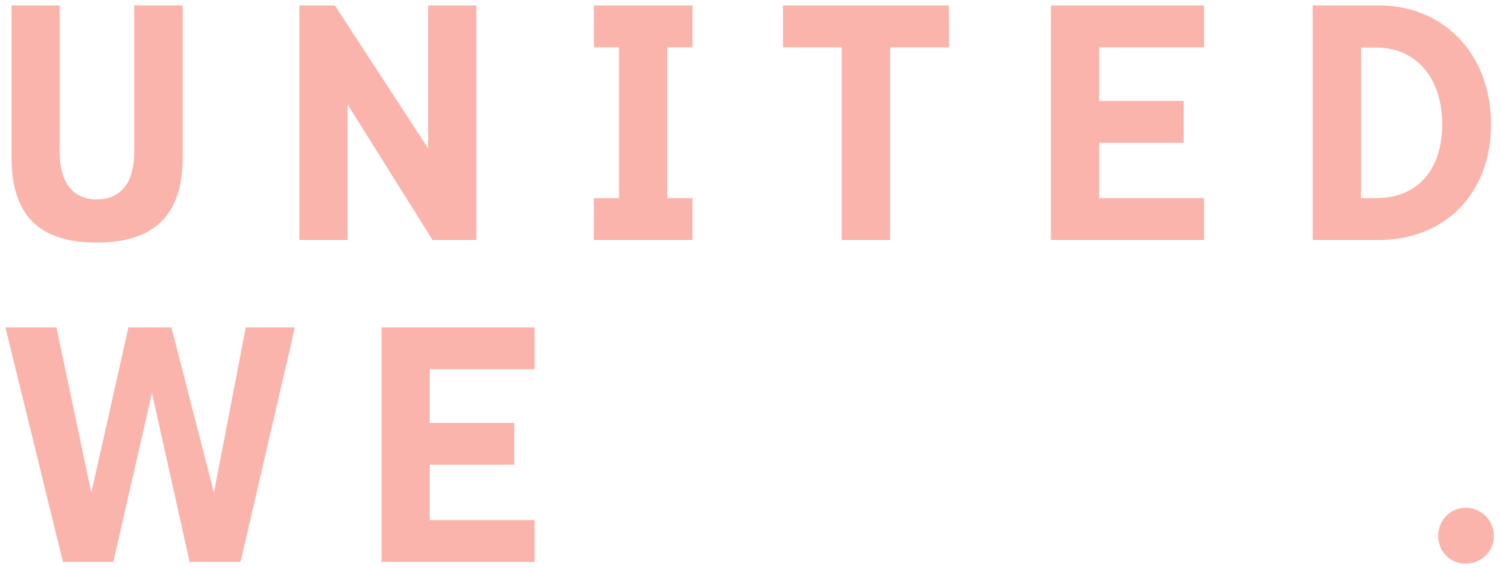United WE and Oklahoma City’s Latino Community Development Agency (LCDA) today announce a collaborative effort to expand the Appointments Project® effort to increase the number of women on Oklahoma City’s community-wide boards and commissions. Started in 2014, the Appointments Project® has successfully placed 175 women on boards and commissions.
“LCDA is extremely excited to join efforts with The City of Oklahoma City and United WE in practicing the true meaning of Diversity and Inclusion by identifying and placing minority women in leadership positions,” said Dr. Raúl Font, LCDA President.
United WE’s Appointments Project® serves as a talent bank, advisor and advocate for women seeking opportunities to lead their communities and works to attract diverse applicants for appointed positions on boards and commissions. The award-winning approach guides women through the process of applying for these positions and suggests applicants for appointment.
“We are delighted to be expanding our efforts in Oklahoma City with Mayor Holt and the Latino Community Development Agency,” said Wendy Doyle, United WE President & CEO. “With the support of the National League of Cities, we are creating opportunities for women to maximize their voices in local boards and commissions and positively impact their local communities.”
The Appointments Project® fills a critical need in creating a pathway to more equitable and inclusive representation. Approximately 16% of the Appointments Project appointees and 37% of registrants are women of color. Based on a growing number of success stories and city partnerships, the pipeline of women leaders is growing rapidly across the country.
“We are thrilled to connect United WE and the Latino Community Development Agency to increase the positive impact we have seen to date with the Appointments Project,” said Mayor Holt. “We are always looking to engage more women in our community’s decision-making, especially women of color, so that our outcomes reflect the broadest possible spectrum of life experiences.”
United WE is partnering with the Latino Community Development Agency, a leading local organization, to provide overview webinars for interested women to learn more about how they can get involved in civic leadership.
Free public training events are planned for April 27, 2022, and May 24, 2022, at 12:00 p.m. CT.
To learn more about the Appointments Project® and to sign up for the trainings, visit www.united-we.org/ap-overview.




